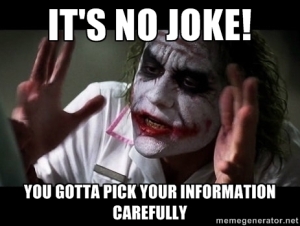The first weekend in September brings the Labor Day holiday that people in America look forward to every year. It is always on a Monday which makes for a three day weekend. Most people anticipate a last chance to enjoy a trip out-of-town or just outdoors activities, such as barbecuing in the long summer days.
The library’s reference section has for many many years had a book titled, Chase’s Calendar of Events describing American holidays, as well as world events and the meaning behind them. The purpose of this blog is to offer online sources similar to what is on the shelves at Anaheim Public Library. The following website is a great complimentary source to the Chase’s print format. It is titled, Holiday Insights at http://www.holidayinsights.com/
This website is full of information about any imaginable holiday or celebration, and as their own title and description states: Holiday Insights- tradition, fun, facts and more!
“You’ve arrived at Holiday Insights, where you will find fun, information, and lots
more about every holiday you can imagine. We’ve got you covered on the big ones,
the small ones, and all of ’em in between. So, whether you are looking up information,
doing a school report, looking for Ecards or screensavers, clipart perhaps, or just
having fun, surf on through and come back often.”
The homepage of this website lists a few interesting celebrations. Did you know that August is “Admit You’re Happy Month, National Golf Month, National Eye Exam Month, Romance Awareness Month, National Picnic Month, and more.
Go to the left bar of the homepage and it offers “Major Holidays,” “Around the World,” and many other links. If you click-on “Major Holidays” and scroll down the page you will find a link for “Labor Day” with a description of the holiday and many links about its history, ecards, etc.
When you click-on the “Around the World” you will find a listing of countries. Click-on France and you will see that Bastille Day is celebrated on July 14th; in Germany the Oktoberfest begins on September 20th and ends October 5th; and Taiwan celebrates Confucius Birthday on September 28th.
Finally, under “Around the World” you can go to the link titled, “Bizarre and Unique Days” you can relish in the fact that on September 6th you can celebrate “Fight Procrastination Day.” Or, on September 11th tell everyone that you are observing “No news is good news day.” If they do not believe you tell them that you do not care because you are quite happy to celebrate “Cheese Pizza Day” on September 5th.
Happy Holidays to you!
Librarian — Heidi


 By Tony Lam
By Tony Lam
